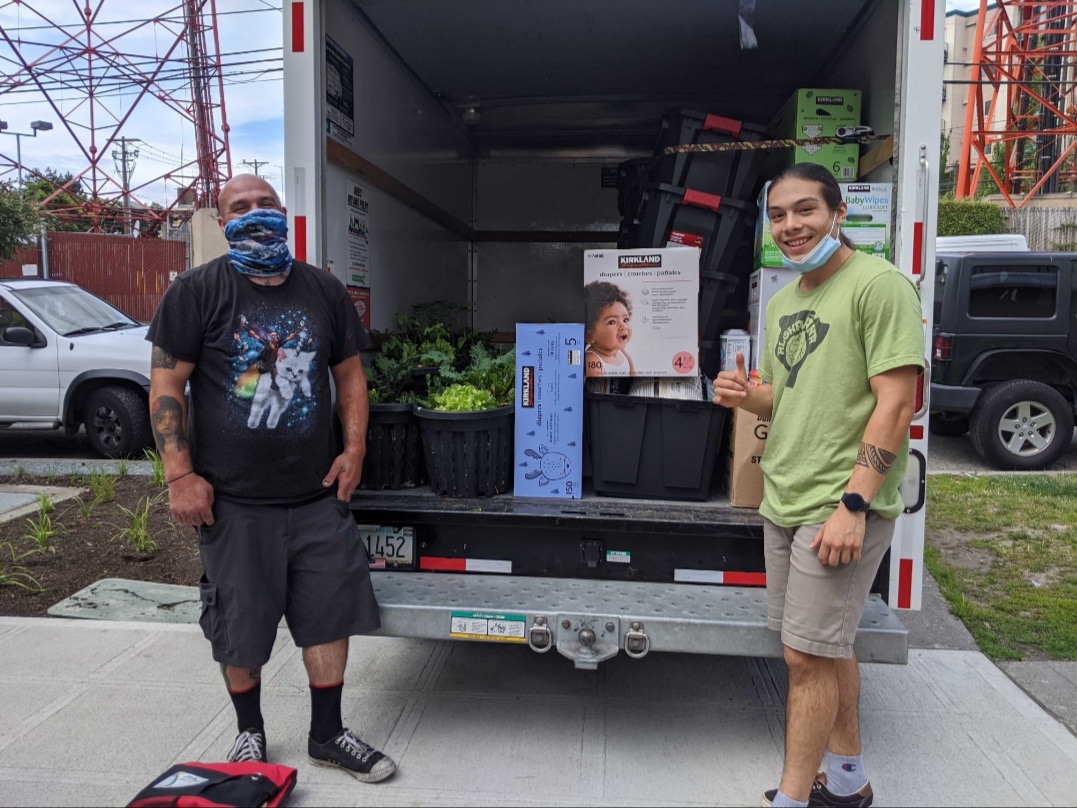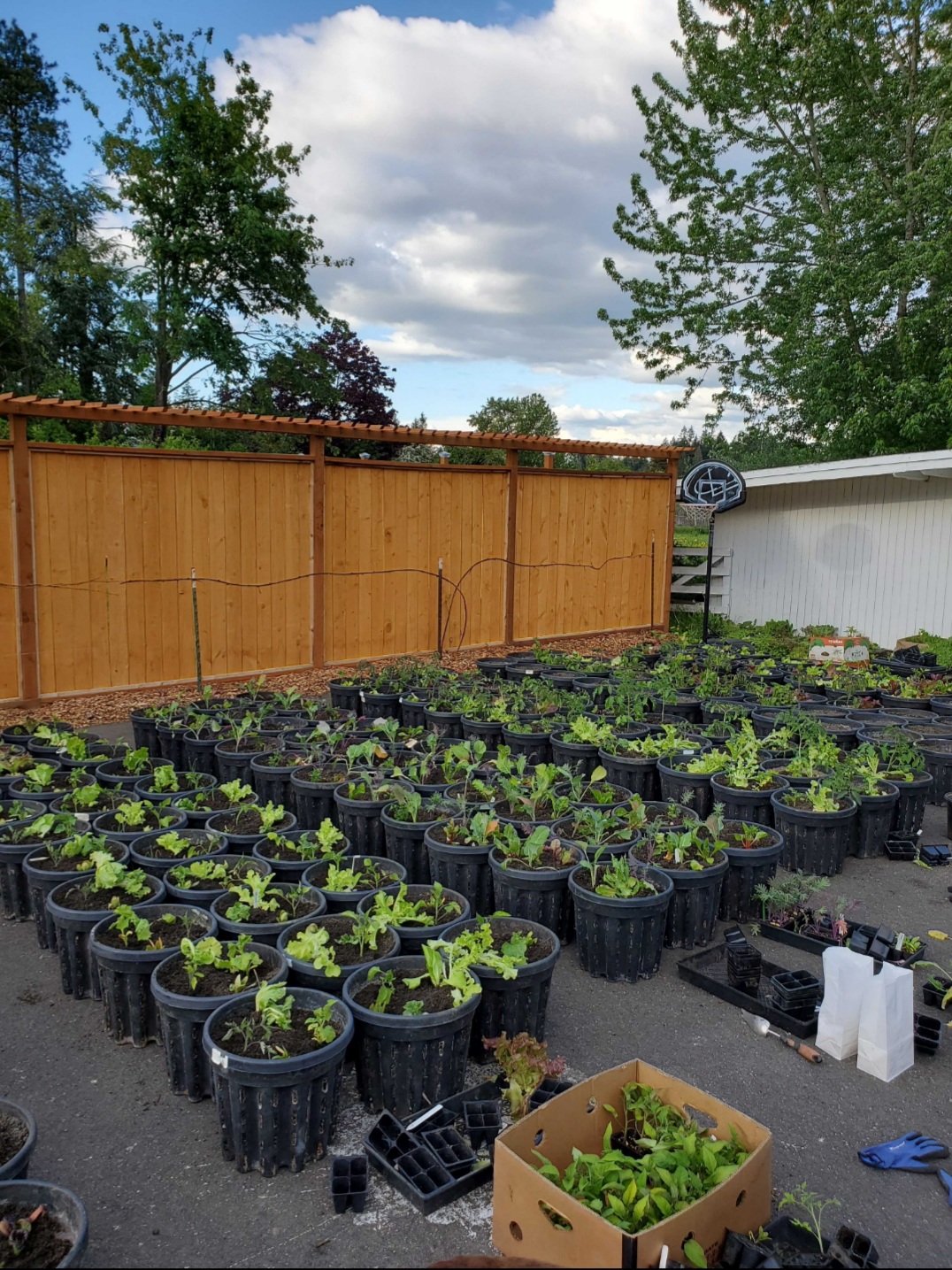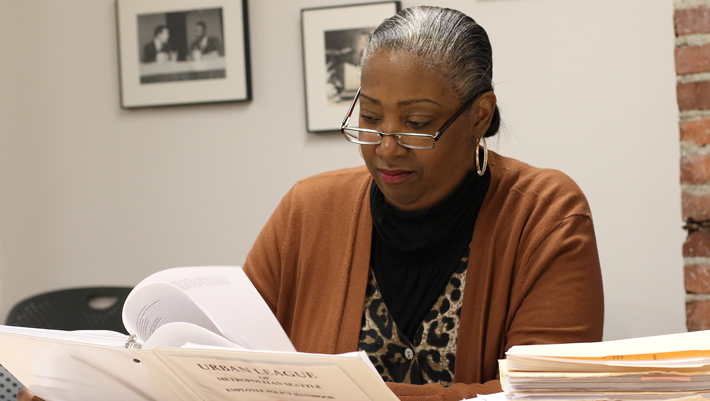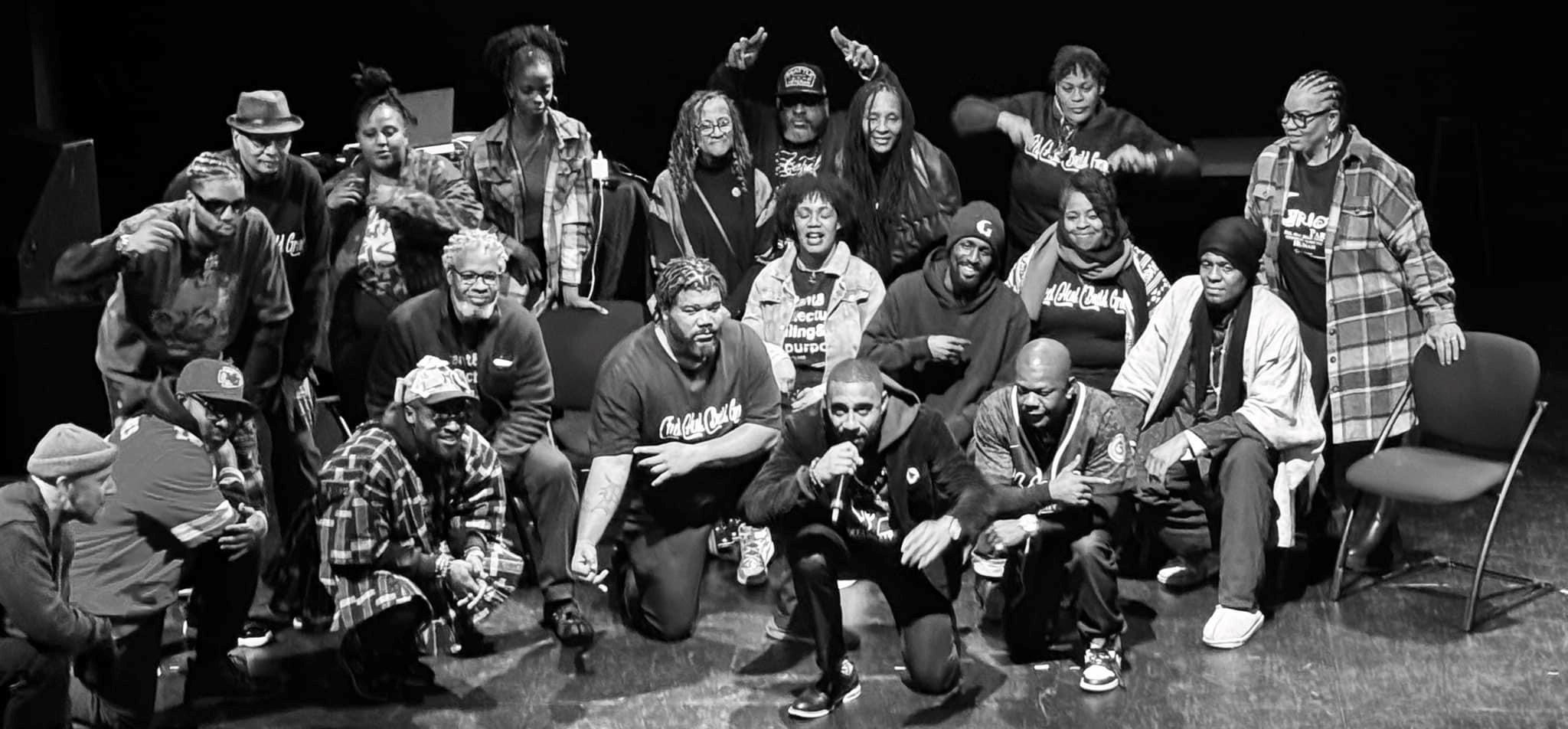
In celebration of Native American Heritage Month, we are hosting a series of profiles and stories to amplify and honor people, businesses, organizations, stories, and projects connected to Seattle’s Indigenous community.
Na’ah Illahee Fund is an Indigenous women-led organization dedicated to the ongoing regeneration of Indigenous communities. Focused on Indigenous Ecology, Food Sovereignty, and Wise Action, they work to advance climate and gender justice while creating healthy pathways towards self-determination and movement-building.
We recently checked in with Susan Balbas, Executive Director of Na’ah Illahee Fund, to learn more about their work.
Tell us a little bit about Na’ah Illahee and the services you provide. What are you proud of?
Launched in 2005, Na’ah Illahee Fund (NIF) is firmly rooted in Indigenous-led philanthropy and strategic action as we advance self-determination, Indigenous climate and environmental justice, and coalition building across communities. Since our inception, we have fostered over 100 community-led efforts through fiscal sponsorship and small grants, established multiple intergenerational, urban and rural cohort-based leadership models, and cultivated lasting relationships with individuals from hundreds of tribal nations across North America. We are proud to continue uplifting Indigenous women and people as leaders of their communities and caretakers of the earth.
How have the incidents of the past two years impacted Na’ah Illahee and your work?

COVID impacted Na’ah Illahee Fund in a profound way. In March 2020 we formed NCCR (Native Community Crisis Response Fund) as a direct response to the impacts of systemic inequities on Native individuals and families with the onset of the COVID-19 pandemic. NCCR has since taken on new life and has become an important piece of our long-term goals; it is a platform for new and deepening partnerships that contribute to a Just Recovery from the pandemic,
leading to a Just Transition – or the needed shift from extractive and exploitative economies to regenerative and just economies.
Our vision is multi-faceted, with both immediate and long-term support for our communities rooted in Indigenous values and beliefs. Through NCCR during the height of the pandemic, we distributed $800,000 and 1,500 Indigenous food boxes across the state. Many items in the food boxes were Indigenously or locally sourced and were tailored to each family to best help them in the time of crisis. We also built garden beds in both homes and community spaces to sustain food security and greater health. We created an Indigenous Artist COVID Relief Grant to support the disrupted livelihoods of up to 40 artists in Seattle. Other funding went to support families in crisis, Tribal Domestic Violence Programs, and Native nonprofits supporting their communities. Then we took the funding and created funds that addressed the systemic long-term issues that caused the disproportionate impact. In 2021, we launched our Food Sovereignty Grant, Green Infrastructure Capacity Building Grant, and just closed the Let’s Help to End Gender-Based Violence & MMIWP Grant, the Red Blanket Fund is ongoing. We will have distributed $1.2 million in grants this year, and we hope to do $1.5 million in 2022. As is often the case, we received more applications than we could fund so we know that we are servicing areas of great need in our communities.
What are your hopes for the future? Both for Na’ah Illahee and for Seattle?
Our hopes for the future are that we’re able to continue to grow our funds to meet the needs in Indigenous communities throughout the Northwest and that we can continue our intersectional model of capacity building for communities that build leadership of Indigenous women and people. For Seattle we hope that it will continue to be a prosperous philanthropic region where there are many great financial resources through donors and funds that support us and other community-based organizations so we can continue to distribute resources out to Indigenous/other communities that have great need.
You recently partnered with the Seattle Department of Neighborhoods on an Indigenous focused cohort of the People’s Academy for Community Engagement. Can you talk a bit about this partnership and how it aligned
with the Na’ah Illahee mission? What was your biggest takeaway from this collaboration?
The PACE Academy was exciting! We recruited a group of Seattle, Native American citizens who embarked on a six week program to engage with City government to learn about how government works and how it’s structured, and how they can advocate for policies that will benefit Native communities. The biggest takeaway was the incredible empowerment that the cohort members felt and gained over time, where they felt like they could really make a difference and they gathered new tools to really help make that happen.
In honor of Native American Heritage Month, tell us about an individual or organization that you think Seattle should know more about.
Lhaq’temish Foundation is a Green Infrastrucure Capacity Building Grant Recipient, their project is Lhaq’temish Lummi Skekwel. Lhaq’temish Foundation supports the Northwest Indian College’s (NWIC) new pre-engineering program focusing on renewable energy and energy sovereignty. This program aims to educate Indigenous students through hands-on projects, teaching the basics of solar photovoltaic systems and electrical engineering. Through a grant provided by Na’ah Illahee Fund, 15kW solar photovoltaic array will be procured and installed on the roof of the NWIC campus library. Training of students and community members in installation, maintenance, troubleshooting of both wind and solar energy systems will support both NWIC and the Lummi Nation in designing and developing microgrid
systems aimed at tribal energy sovereignty. Students will learn everything from planning and design to construction and maintenance, enabling them to be leaders in their respective communities.
To learn more about Na’ah Illahee Fund, go to www.naahillahee.org.


